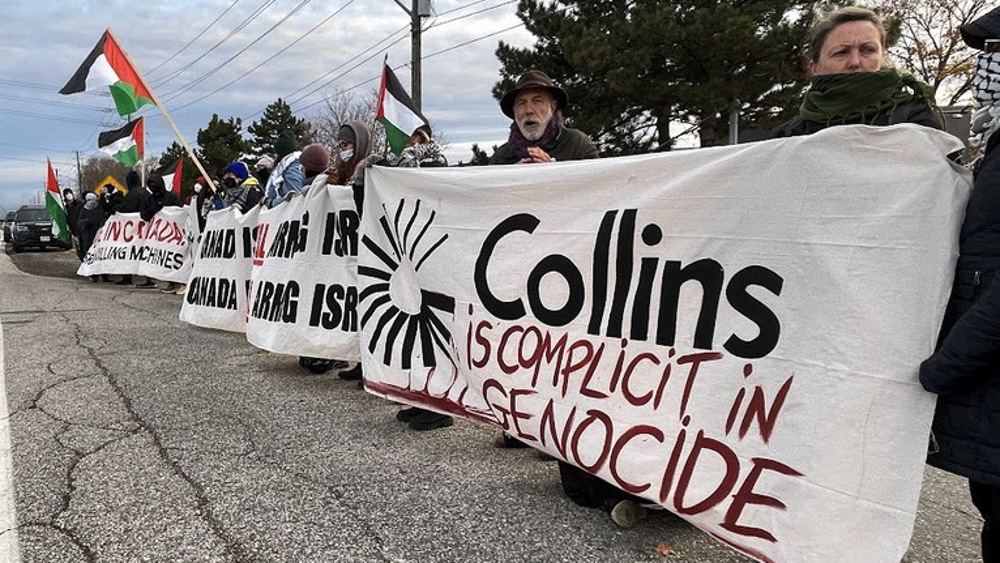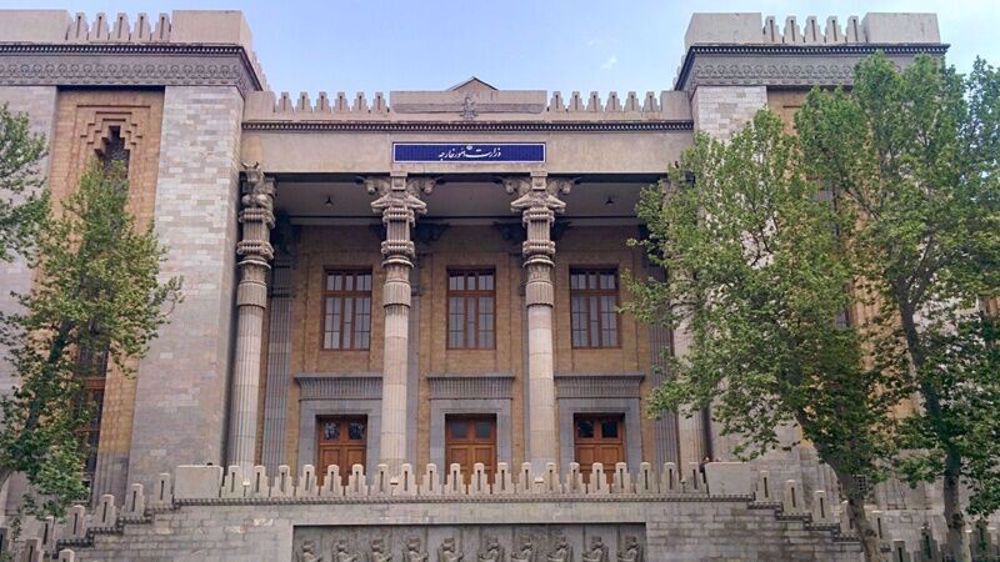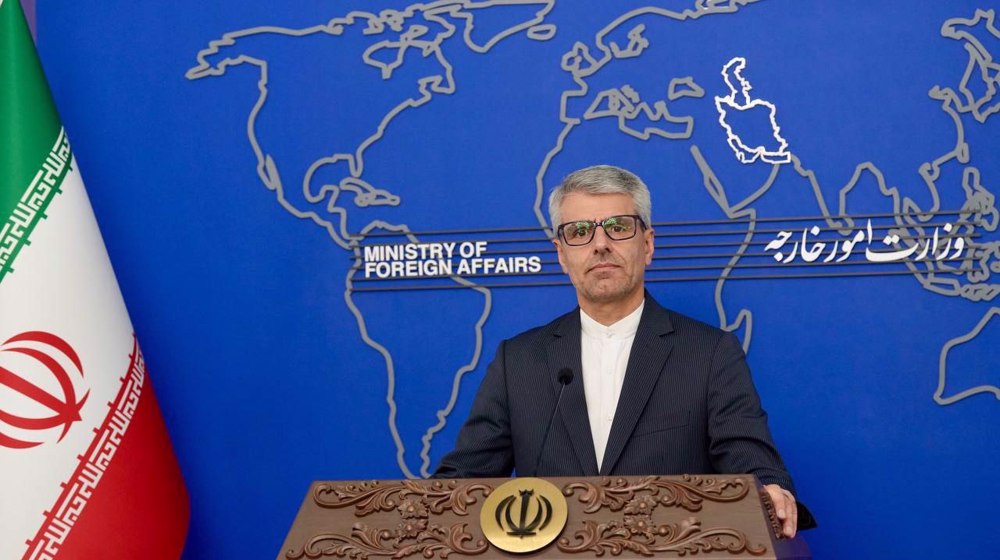Nicaragua’s government, civil groups agree to end violence, allow international probe
The Nicaraguan government and civil groups have agreed to cease two months of violence and allow an international investigation into protests that have left at least 170 people dead.
Authorities and various civil groups are in negotiations brokered by the Central American country's influential Catholic bishops to help end the spiraling crisis.
Announcing the ceasefire deal, the country’s Catholic clergy said Saturday that the two sides also agreed to establish a "verification" commission and invite independent international bodies to probe the political unrest that has rocked the government of President Daniel Ortega.
"The end of all violence is a basic necessity. Nicaraguans don't need any more violence," Nicaraguan Foreign Minister Denis Moncada, who is the head government negotiator, told reporters on Friday.
Juan Sebastian Chamorro, a leader with the Civil Alliance for Justice, the umbrella organization of civil groups, hailed the “positive agreement that makes us think that violence will not escalate,” but said, "If conditions are not met, then peaceful civic protests will resume."
During Friday's talks in the capital Managua, protesters also agreed to remove their makeshift barricades that have snarled traffic and curbed trade "as soon as possible".

Ortega, whose third consecutive term is scheduled to end in 2021, however, did not address a call by the Roman Catholic Church to allow for early elections to be held next year to defuse the gravest political crisis since the country ended a US-fueled civil war in 1990.
The talks, which resumed earlier on Friday after being suspended, were marred by fresh violence in the capital Managua, with local television showing police firing assault rifles near a university campus. University students have led demonstrations against what they say is Ortega's growing authoritarian rule.
Previous talks were suspended last month after witnesses and rights groups accused security forces of opening fire on thousands of demonstrators during a truce.
Both sides will resume negotiations on Saturday to address the Church's proposal on general elections and political reforms.
Nicaragua's unrest began on April 18 over the government's proposed reforms to the country's social security, with protesters demanding President Ortega's resignation.
A few days after protests broke out, Ortega's government revoked the controversial pension reform but the unrest continues throughout the Central American nation.
Ortega's government has said protesters are vandals financed by right-wing groups attempting to destabilize it. Ortega has called for protesters to dismantle hundreds of makeshift roadblocks that have brought the nation to a standstill.
Scores killed as Takfiri terrorists target Shia Muslims in Pakistan
Pezeshkian to US, Europeans: You are killing women, children
VIDEO | COP29: another climate failure?
ICC issues arrest warrants for Netanyahu, Gallant for war crimes
Israeli strikes kill 88 Palestinians in northern Gaza
American voters plainly rejected complicity in Gaza genocide: Iran FM spox
ICC should issue more arrest warrants for Israeli authorities over Gaza genocide: UN expert
Israel using AI weapons co-produced by India in Gaza genocide: Report










 This makes it easy to access the Press TV website
This makes it easy to access the Press TV website